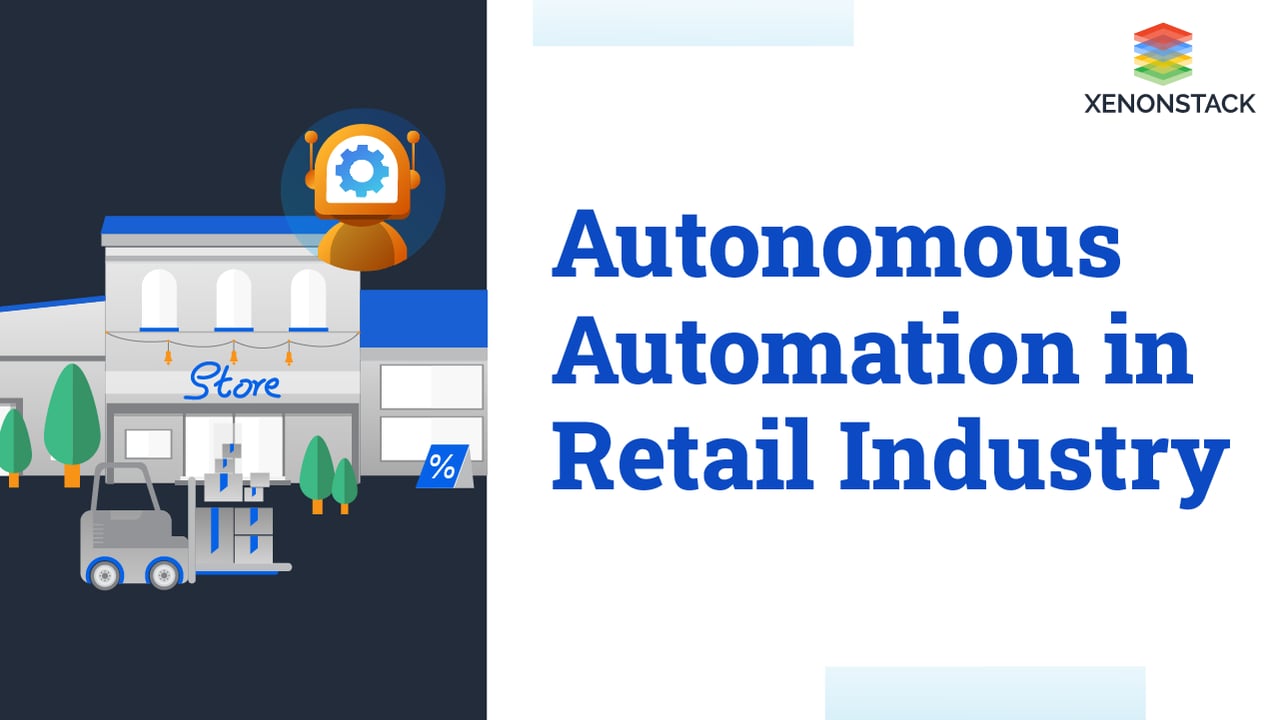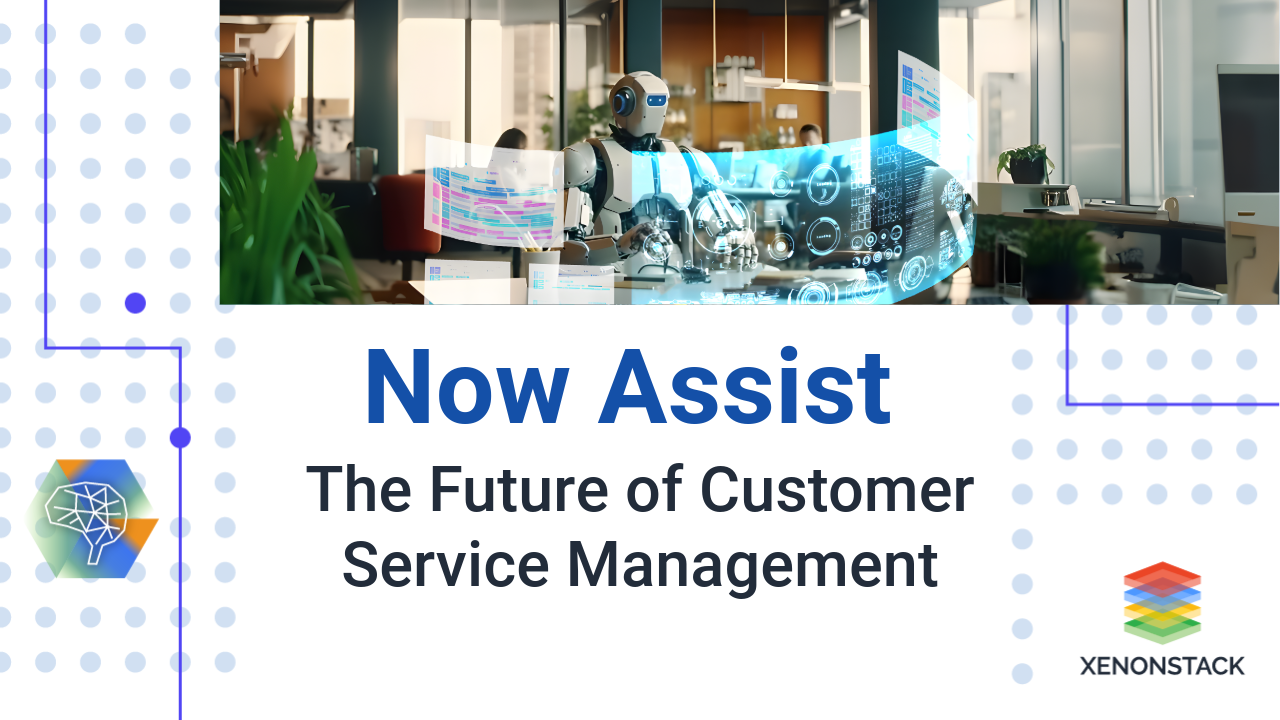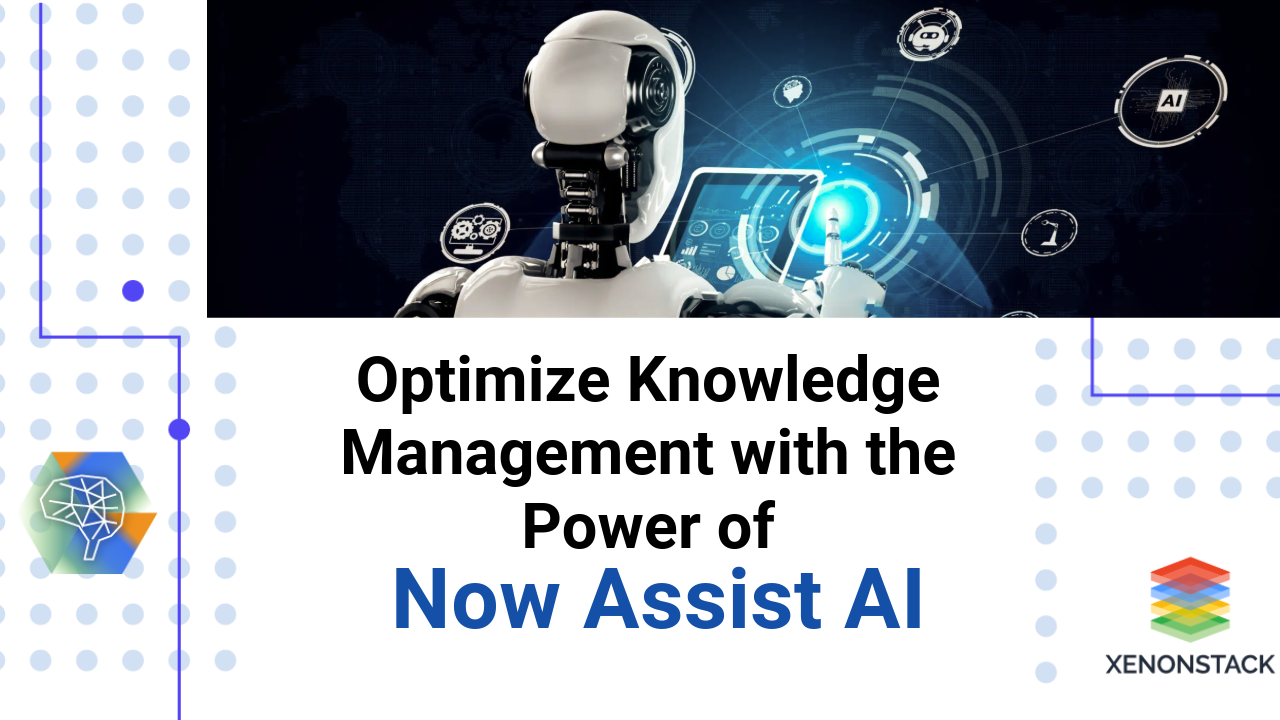
Introduction
The retail industry is in the midst of a technological transformation, with the emergence of autonomous automation taking center stage. Independent automation, powered by artificial intelligence and robotics, is reshaping the retail landscape, offering businesses the tools to streamline operations, elevate customer interactions, and remain competitive in a swiftly changing marketplace. In this blog, we'll explore the various aspects of autonomous automation in retail and how it is revolutionizing how we shop and do business.
Revolution in Retail Industry
Retail has always been about convenience, and autonomous automation is taking this concept to new heights. With the integration of cutting-edge technologies, retailers are now redefining the shopping experience. Independent automation can be observed in various aspects of retail, from fulfillment centers to brick-and-mortar stores, and it is changing how consumers and businesses interact.
The growing margin pressure in the retail sector has transformed automation from a discretionary option to an absolute necessity. Retailers face escalating margin pressures due to heightened competition, e-commerce investments, and the imperative to raise wages. Although these cost challenges are not novel, many retailers have fully utilized conventional cost-cutting methods. With limited ability to transfer these increased expenses to customers in an intensely competitive market, retailers are turning to automation to reinforce and sustain their profit margins.
Autonomous Automation in Retail: The Future of Shopping
Autonomous automation is rapidly transforming the retail industry, offering a range of benefits for both retailers and consumers. Harnessing cutting-edge technologies like Artificial Intelligence (AI), computer vision, and robotics, retailers can automate many tasks that human employees, such as inventory management, customer service, and checkout, previously performed.
Autonomous Warehouses and Fulfillment Centers
One of the most prominent areas where autonomous automation is making a significant impact is in the warehousing and fulfillment sector. Large retailers and e-commerce giants leverage autonomous robots and drones to manage inventory, pick and pack orders, and optimize logistics. This results in faster order processing, reduced labor costs, and more accurate order fulfillment.
Inventory Management
Autonomous automation systems have sensors, cameras, and machine learning algorithms that can accurately monitor inventory levels in real-time. These systems can detect low-stock items and trigger reorders automatically, preventing out-of-stock situations and ensuring shelves are always well-stocked.
Robotic Assistance in Stores
Autonomous robots are increasingly seen in retail stores, assisting with inventory management, restocking shelves, and even greeting customers. These robots can navigate stores autonomously, providing information, helping shoppers find products, and ensuring products are always readily available.
Checkout and Payment Automation
Autonomous checkout systems are revolutionizing the payment process. Retailers are implementing cashierless stores where customers can grab items and walk out, with the system automatically charging their accounts. This not only enhances convenience but also reduces the risk of long checkout lines and theft.
Personalized Customer Experiences
Autonomous automation is used to gather and analyze customer data to create personalized shopping experiences. Using AI, retailers can recommend products tailored to individual preferences, suggest complementary items, and customize in-store displays in real time.
Enhancing Security
Autonomous automation also plays a crucial role in enhancing security in retail. AI-powered surveillance cameras can detect and alert staff to suspicious behavior, helping prevent theft and create a safer shopping environment.
Challenges faced by Retailers in Autonomous Automation
While the adoption of autonomous automation in retail is promising, it does come with its own set of challenges. Data privacy, ethical considerations, and ensuring the technology is accessible to all customers are some of the issues that retailers need to address. Here are some challenges:
Cost: The upfront cost of implementing autonomous automation solutions can be high. However, the long-term savings from reduced labor costs and improved efficiency can offset the initial investment.
Technology readiness: Some autonomous automation technologies are still in their early stages of development. Retailers must carefully evaluate the technology readiness level of any solution they consider implementing.
Workforce displacement: Adopting autonomous automation could lead to job displacement for some retail workers. Retailers need to develop plans to support workers affected by this transition.
Public acceptance: Consumers need to be comfortable with the idea of interacting with autonomous systems. Retailers must inform consumers about the advantages of independent automation and address any concerns they may have.
Security and privacy: Autonomous automation systems collect and process a large amount of data. Retailers must implement robust security actions to safeguard this data from unauthorized entry or improper use.
Reliability and safety: Autonomous automation systems need to be reliable and safe. Retailers must have contingency plans in place in case of system failures or other disruptions.
Integration with existing systems: Autonomous automation systems need to be integrated with existing retail systems, such as inventory management systems and point-of-sale systems.
Training and support: Retailers need to provide training and support to employees on how to use and maintain autonomous automation systems.
The Future of Retail Industry
The retail industry is set for a remarkable transformation as autonomous automation becomes more deeply integrated. In the coming years, we anticipate witnessing even more sophisticated technologies, such as delivery drones, autonomous vehicles for last-mile delivery, and AI-powered virtual shopping assistants, further enhancing the retail experience.
Anticipate witnessing increasingly inventive and groundbreaking implementations of this technology in the retail industry. For example, we may see the emergence of fully autonomous retail stores where customers can shop and check out without having to interact with any human employees.
Autonomous automation is also likely to play a key role in developing new retail experiences, such as virtual reality shopping and augmented reality product demonstrations.
Overall, autonomous automation is a powerful technology with the potential to revolutionize the retail industry. Retailers that embrace this technology early on will be well-positioned to compete in the future.
Conclusion
Autonomous automation is revolutionizing retail, offering a glimpse into the future of a more efficient, customer-centric, and technologically advanced industry. As retailers continue to invest in these transformative technologies, consumers can look forward to a shopping experience that is more convenient, personalized, and secure than ever before. The future of retail is autonomous, and it's arriving faster than we could have imagined.
- Importance Generative AI Solutions for Retail Industry.
- What is the use of Intelligent Enterprise for Retail Industry?


